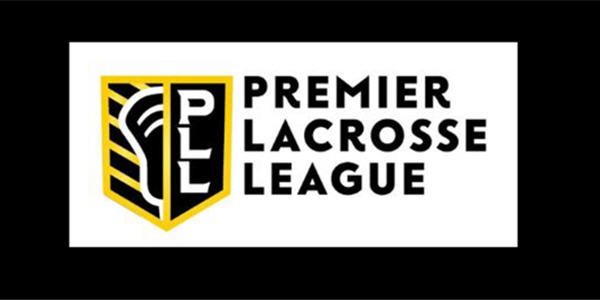The Premier Lacrosse League was co-founded by Paul and Mike Rabil but the two brothers don’t have sole ownership of the league.
They have raised funding by selling stakes in the PLL to over fifteen investors who are now minority owners.
All players also have some equity stakes which give them a piece of the league’s future success.

Paul Rabil has long been one of the highest-profile lacrosse players in the world. After his brother Mike built up several businesses, they started an investment company together.
If you want to read more about their background, we’ve got bios in another article:
When the Rabils decided to set up a new lacrosse league, they tapped into their network of investors to raise seed money.
- Paul Rabil, co-founder
- Mike Rabil, co-founder
According to PitchBook (a company that tracks funding), four investment firms raised $4.4 million in February 2018. This was about eight months before the PLL was officially announced.
Two of the companies have heads of investment who played lacrosse in college. That’s Colin Neville of The Raine Group (played at Yale) and Michael Levine of CAA Sports (played at Cornell).
The Chernin Group has a wide variety of interests, including film production. They produced “Rise Of The Planet Of The Apes”.
At one time, the founder of Blum Capital owned the Barnum and Ringling Brothers circuses.
If you want to know more about these investors, click on the links in the list below:
- The Raine Group
- CAA Sports
- The Chernin Group
- Blum Capital
By the way, if you heard a popular sport show claim that they had bought a PLL team, you may be wondering why I haven’t listed them yet. The relationship is really through The Chernin Group.
You can read a full explanation in our rundown on Bartstool Sports and the Waterdogs.

A “Series A” funding round is the first big round of funding for a new venture.
You may think that the $4.4 million raised in the seed round was pretty decent. However, the PLL raised $22 million in Series A investments a year later in February 2019.
That’s partly because many more investors bought ownership stakes in the league.
Joe Tsai, the owner of the Brooklyn Nets, was the lead investor in this round. Tsai already owns a club in the National Lacrosse League.
The Raine Group, one of the seed round investors, came back for this round.
James Murphy of Proton Enterprises works with a celebrity doctor.
Bryan Rosenblatt works for David O. Sacks, who sold Yammer to Microsoft for over a billion dollars.
Brett Jefferson played at Syracuse and now donates millions to support his college lacrosse teams.
Here’s the full list, with links to bios of the most interesting people.

Interestingly, the league had another investment round just four months after raising $22m.
The details of investors and funding in this round have not been disclosed.
However, I do know that more investors that I’ve mentioned have taken ownership stakes in the Premier Lacrosse League. They may have been part of this round.
The Series C round raised $15 million according to Crunchbase.
David “Doc” O’Connor from Arctos Sports Partners took the lead in this round. Before Doc got into sports representation, he represented Hollywood A-listers like Robert Redford and Sean Connery.
Joe Tsai had invested in the Series A round and clearly liked what he saw. He was back to invest in the Series C.
But the big news was the addition of Robert Kraft of Kraft Group as an investor and minority owner in the league.
Kraft owns the New York Patriots as well as their home grounds, the Gillette Stadium. The stadium in Foxborough has hosted at least one round of the PLL since the league began.
When I was looking for examples of other player-owned sports leagues, the only references I could find were to the PLL.
I’m not talking about the likes of Michael Jordan buying the Charlotte Hornet (an NBA franchise).
An article in Forbes from 2017 has this to say (remember, this is before the arrival of the PLL):
There has yet to be a case where active players have an equity stake in the franchises they play for. Is there a way that this kind of player-ownership could work?
Forbes, 2017
They interviewed a former MLB franchise owner called Jeff Moorad to find his opinions. He pretty much said it wouldn’t work because:
- Most sports teams don’t make money so the players wouldn’t benefit
- Players’ careers are short, so they might not think about long-term strategies
Moorad also pointed out the problems with player-owners switching teams. However, this dude was far-sighted enough to see a solution:
“That issue could be resolved, however, if players had an ownership stake in the league itself rather than any one individual team.“
Jeff Moorad, quoted in the above Forbes article
That’s exactly how the ownership of the Premier Lacrosse League is structured. So, that problem is avoided.
However, I think his other two points are valid.
The PLL hasn’t revealed how much equity that players receive when they join the league. And we don’t know if each player gets the same amount.
But we do know that the PLL isn’t running a profit yet. Until they do and the players get dividends, we can say that this model hasn’t been proved to work.





























































